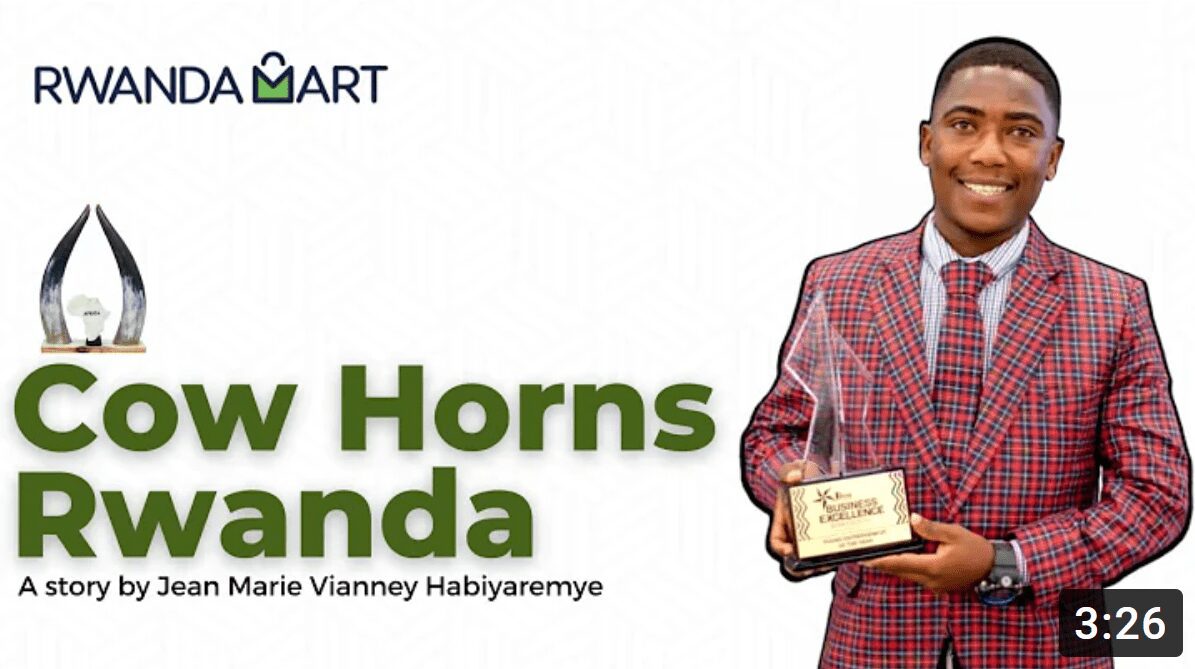@cowhornsrwanda produces different hand made products including cups, plates, clothing buttons, key holders, decoration items, earrings, bracelets, necklaces, brooches, breastpins, clasps or clips, and business cards all made of cow horn.
This type of decoration made of cattle horn was primarily worn by women. A large variety of items for daily wear, accessories for clothing, or even made of high demand like combs, hairpins, etc. The most popular being the pair of horn bracelets that were part of women’s costumes.
It is a decoration made of leather, horn, and sometimes even antler, a very common form of decoration from the medieval period, and as such it can be seen in many forms. In this case, a large and thick sheet of cow hide with a horn decoration is a common object to be seen at different events, including medieval costume re-enactors, as well as in many movies, where horns made of deer antler are sometimes seen. Also, the common use of antlers from head to toe in everyday clothes is a very special form of decoration. A simple pendant of horns from a deer’s head made of silver is still considered a great decoration for clothing and other items of interest to people.
In fact, many people still use cow horns as decoration. Even today, cow horns are considered to be very useful items. For those interested in decorating their property, a wide range of applications is available where cow horns or antler decoration is used. Cow horns are also common in other areas where they are used for decoration, such as in the manufacture of Christmas decorations. Cow horns products are available in many different colors and sizes. You will almost always find cow or antler horns.
Cows play an important role in Rwandan culture and traditions. In Rwanda people say, ‘My mother would die of happiness if some day her cows grew good cow milk.’ Cows here were once sacred objects of the Rwandan people. The cows were used for transportation, transportation of goods, transportation of people, and also transportation for rituals. It is still common practice to milk cows for their own consumption or for sale.
Rwandan society places great value on the cow. The cow, to some extent, symbolizes family and lineage, since all families have a cow. When Rwandans marry, the bride returns home and hands over a cow to her future husband to start his own family. Similarly, Rwandans have their own cow, which they use mainly for slaughtering. People eat cow meat as a token of hospitality. Every household has a cow, which they praise for its milk.
Entrepreneurs can be successful even without University degrees, but degrees do give you a leg up on the competition. This is one of the first things you should be doing when you are setting up the business. Start looking into what they are offering, and maybe take some courses in related areas. For example, if you have a good deal of expertise in website design, take a course in Java, the programming language that underpins many web applications, so that you can put your knowledge into practice, as well as giving you some added credibility with customers.
It may come as a shock to hear, but the first thing that an entrepreneur needs to learn is how to delegate. In fact, one of the best ways to ensure you don’t burn out is to focus on the things you are really good at and leave the rest to someone else. When you do this, they can help you with business planning, research and of course, they can handle the nitty-gritty stuff, saving you time to spend on more critical matters. One of the best ways to find a reliable employee is through friends and family, but don’t forget the network of people who may be able to share their expertise.
The truth is, to be successful at anything in business, people are your most important asset. So, invest in good employees and you will reap the rewards of a solid business with an excellent staff.
The truth is, the real challenge of entrepreneurship is self-discipline.





